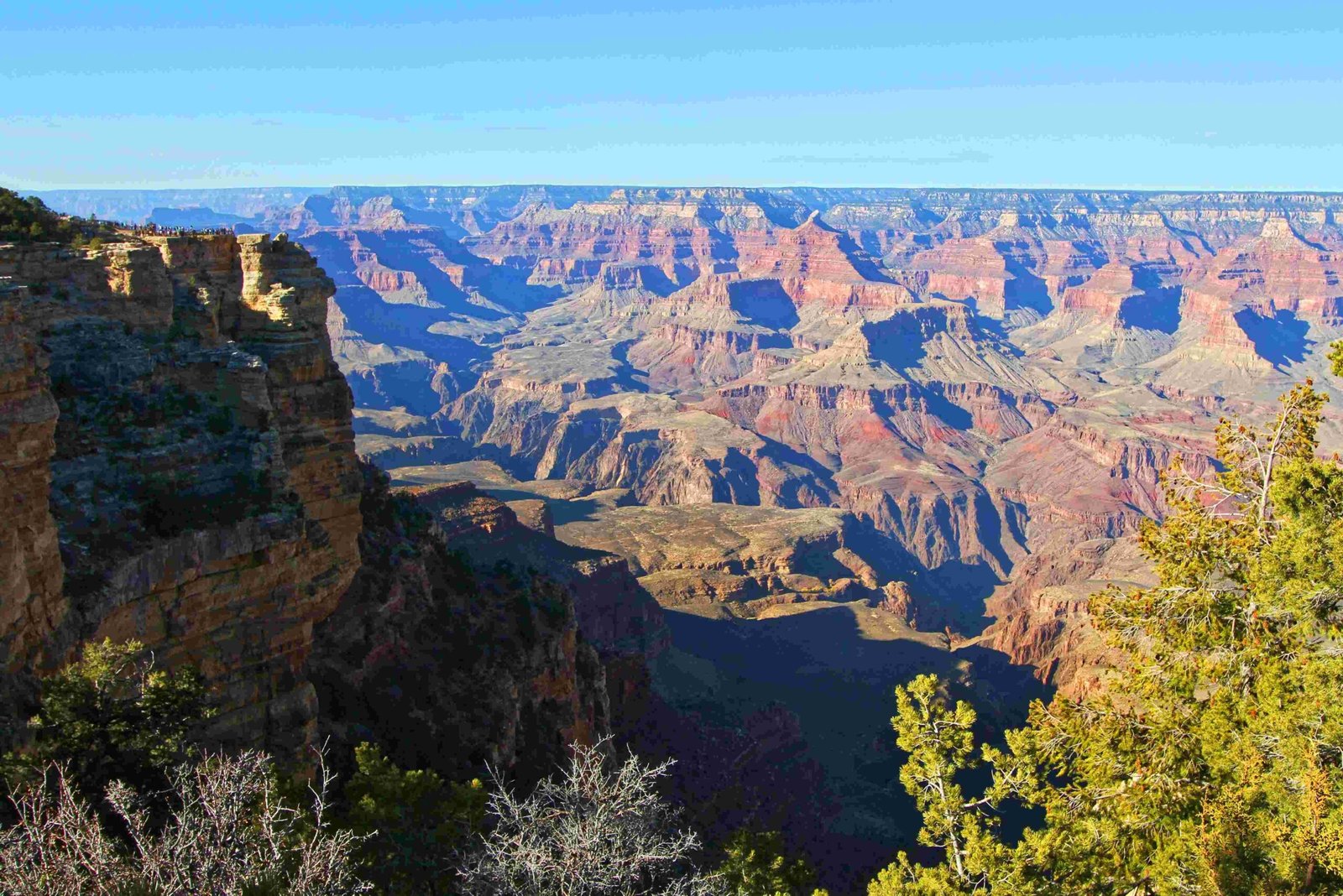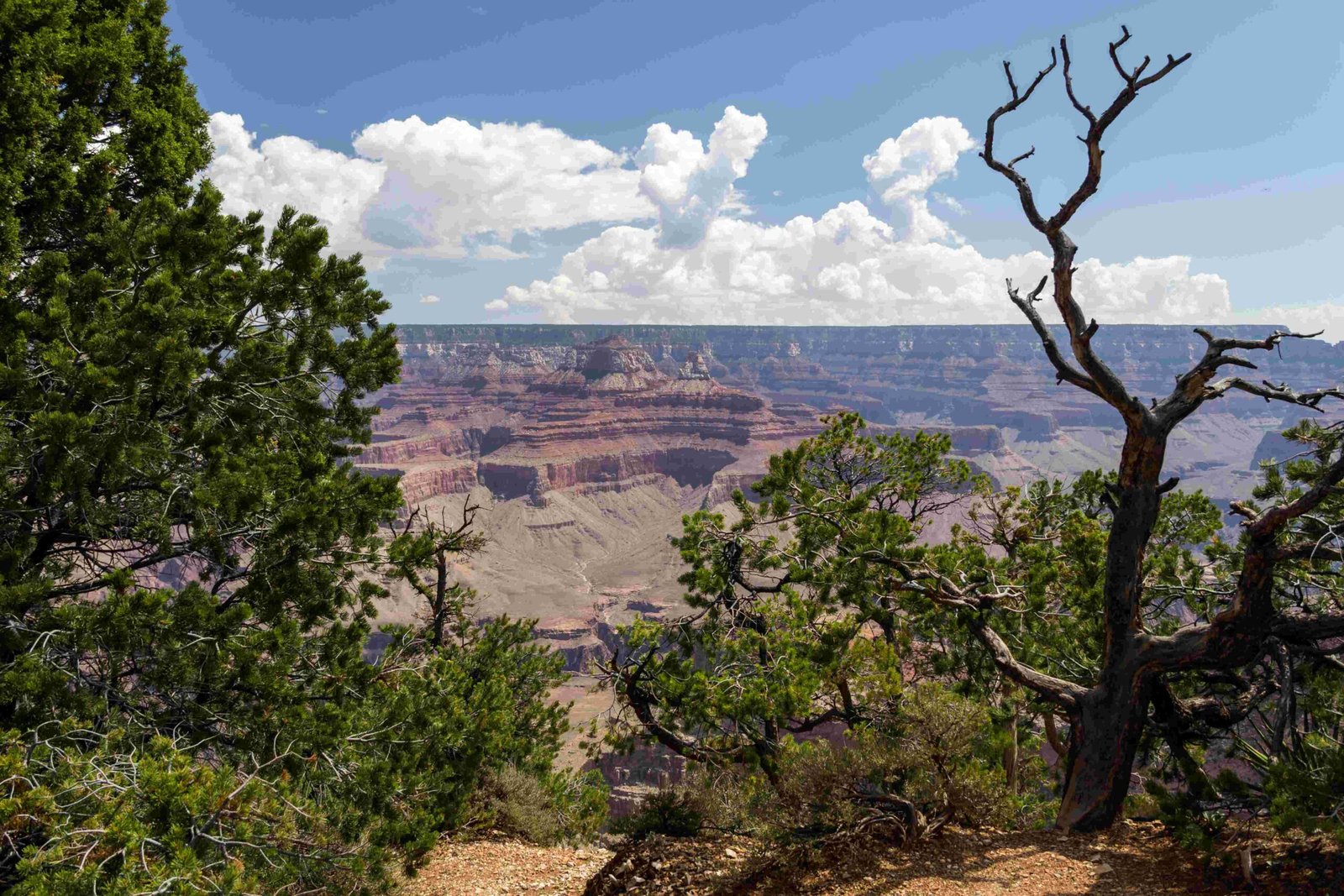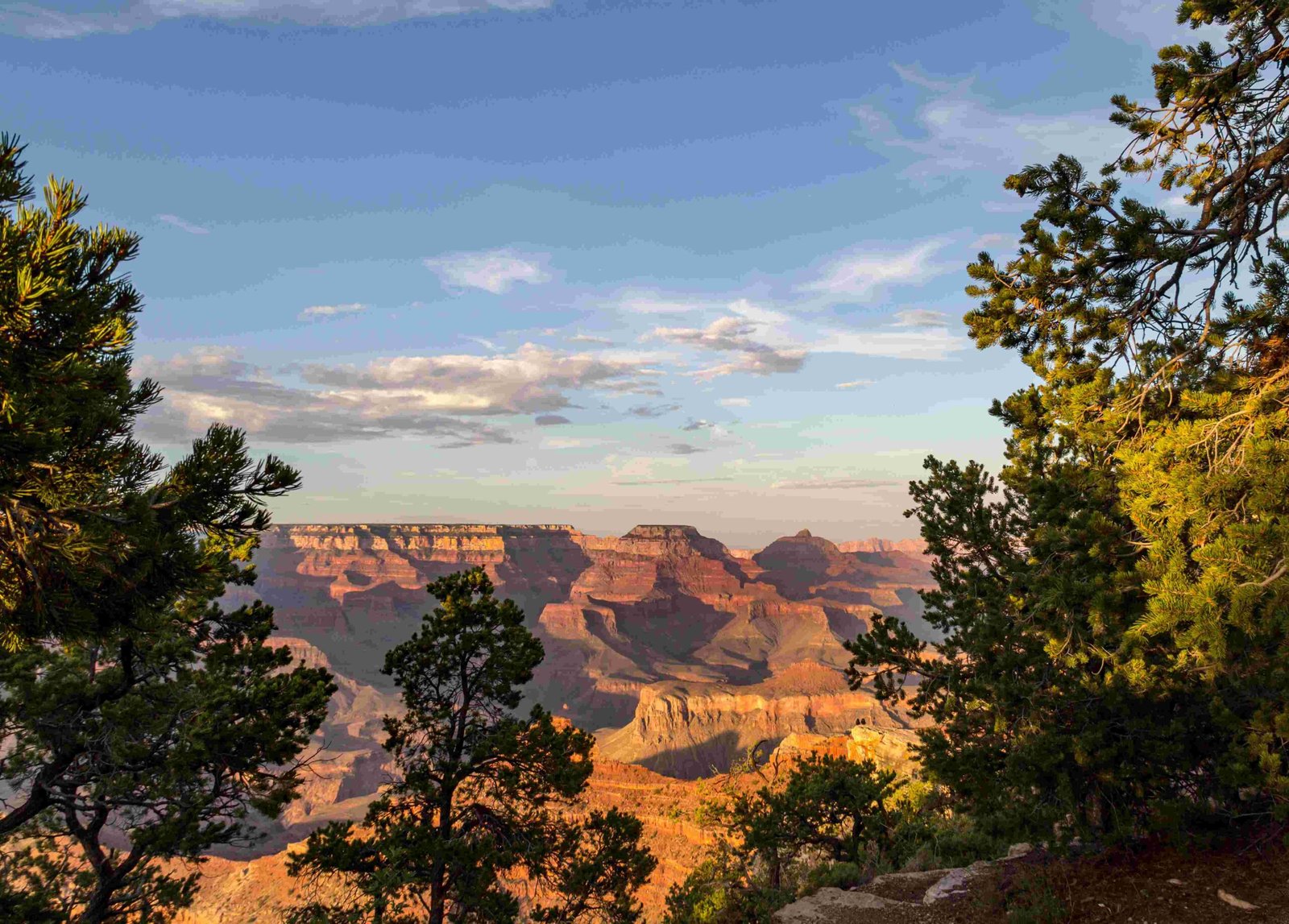The Grand Canyon offers an extraordinary hiking landscape that spans multiple difficulty levels and terrain types, providing adventurers with unparalleled opportunities to explore one of the world’s most magnificent natural wonders. Hikers can traverse trails ranging from leisurely rim walks to strenuous multi-day backcountry expeditions, each offering unique perspectives of the canyon’s geological marvel and stunning landscapes.
What Hiking Trails Exist in Grand Canyon?

Rim Trail: Scenic and Accessible Exploration
The Rim Trail represents an ideal starting point for hikers seeking breathtaking views without extreme physical challenges:
| Trail Characteristic | Details |
|---|---|
| Length | 13 miles |
| Difficulty | Easy to Moderate |
| Elevation Change | Minimal |
| Key Features | Panoramic canyon vistas, accessible pathways |
Key Highlights of Rim Trail
- Minimal physical exertion required
- Multiple access points
- Wheelchair-friendly sections
- Stunning photography opportunities
Bright Angel Trail: Challenging Canyon Descent
Bright Angel Trail offers a more demanding hiking experience:
- Length: 9.3 miles to Bright Angel Campground
- Difficulty: Strenuous
- Elevation Drop: 4,460 feet
- Water Stations: Available at 1.5 Mile and Indian Garden resthouses
South Kaibab Trail: Panoramic Canyon Views
South Kaibab Trail provides hikers with unparalleled 360-degree canyon perspectives:
- Length: 6.8 miles to Bright Angel Campground
- Difficulty: Extremely Strenuous
- Notable Features:
- No water sources along trail
- Steepest descent in the park
- Fastest route to canyon floor
What Permits Are Required for Grand Canyon Hiking?

Backcountry Permit Requirements
| Permit Type | Details |
|---|---|
| Day Hiking | No permit required |
| Overnight Camping | Mandatory backcountry permit |
| Application Window | Up to 4 months in advance |
| Processing | Walk-in applications only |
How Difficult Are Grand Canyon Hikes?
Difficulty Levels
Hiking difficulty in Grand Canyon varies dramatically:
- Easy Trails
- Rim Trail
- Short, well-maintained paths
-
Minimal elevation change
-
Moderate Trails
- Partial rim trails
- Some elevation changes
-
Suitable for average fitness levels
-
Strenuous Trails
- Bright Angel Trail
- South Kaibab Trail
- Significant elevation changes
- Require excellent physical condition
What Safety Precautions Should Hikers Take?
Essential Hiking Preparation
- Carry minimum 1 gallon of water per person
- Wear sturdy hiking boots
- Pack sun protection
- Check weather forecasts
- Bring emergency communication device
- Inform park rangers of hiking plans
What Time of Year is Best for Hiking?
Seasonal Hiking Recommendations
- Spring (March-May): Mild temperatures, wildflowers
- Fall (September-November): Cool temperatures, fewer crowds
- Avoid Summer: Extreme heat, potential heat exhaustion risks
Conclusion
Grand Canyon hiking offers an unparalleled adventure for outdoor enthusiasts, providing diverse trails that cater to all skill levels and interests. Proper preparation, understanding trail characteristics, and respecting natural environments ensure a memorable and safe hiking experience.

